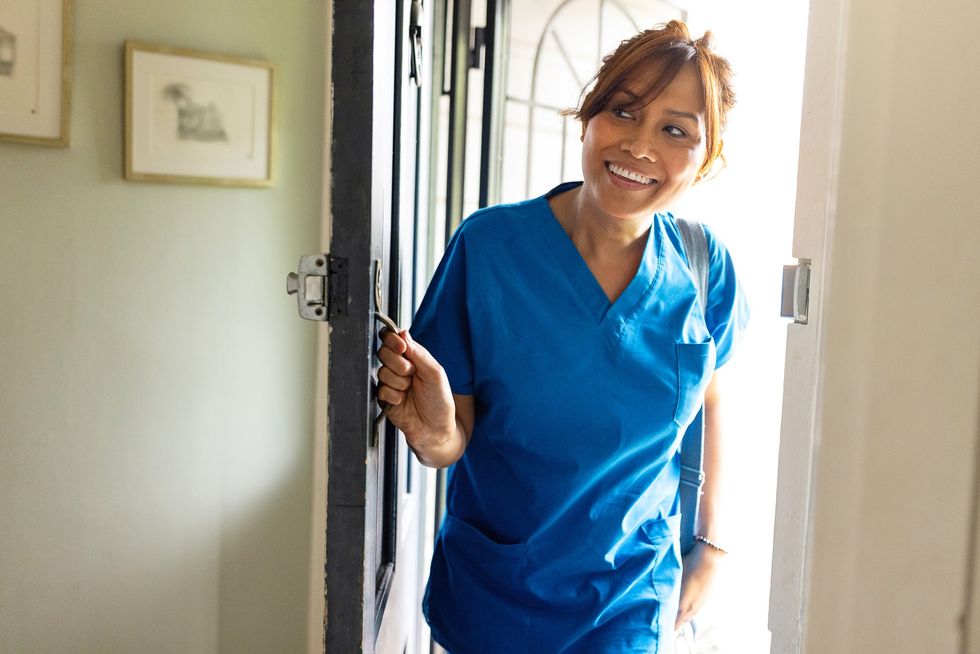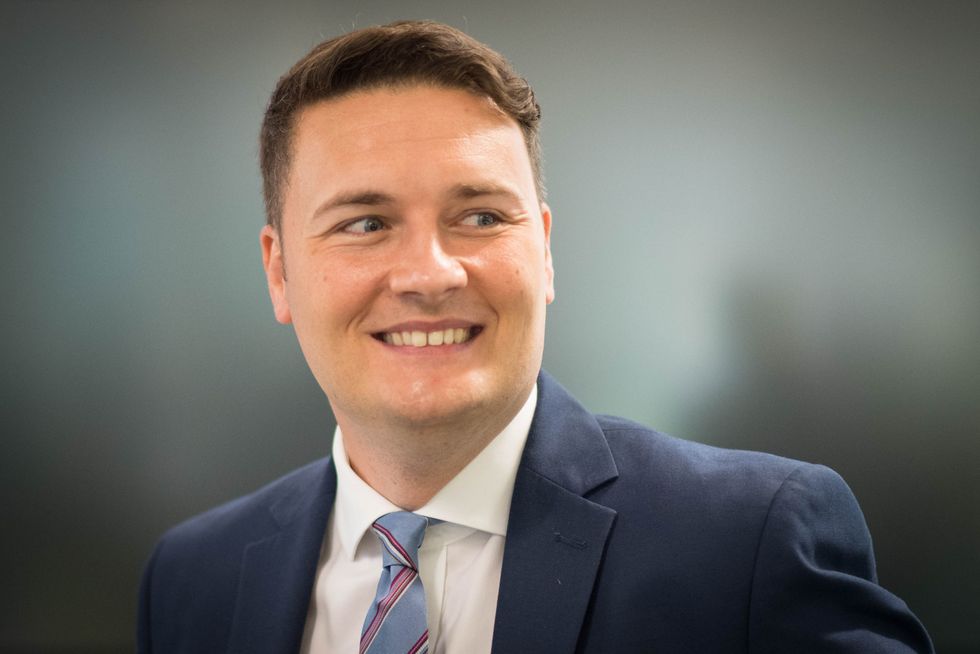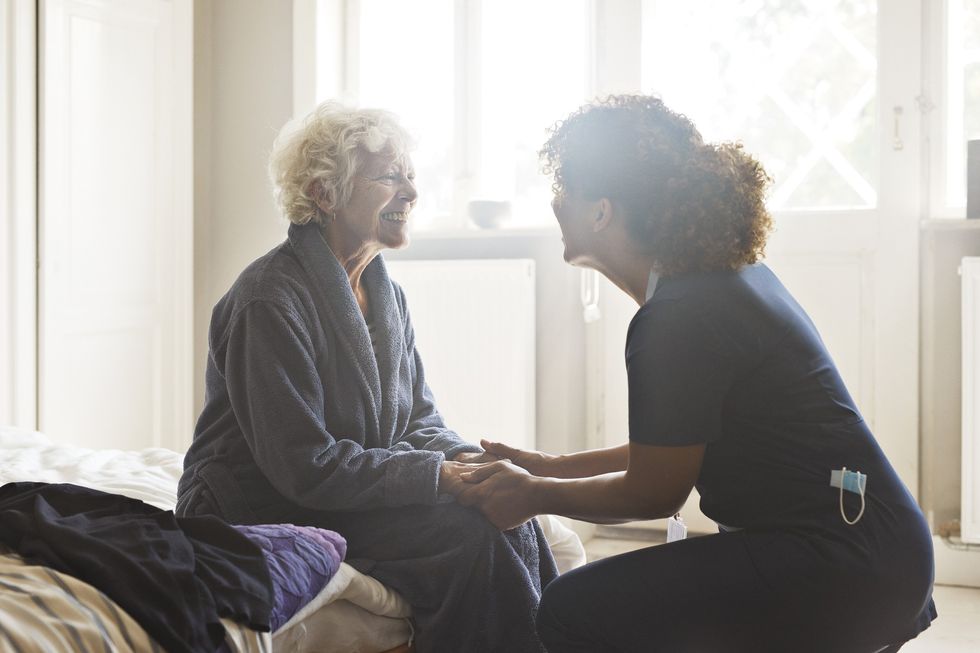Chancellor Rachel Reeves reveals the weekly earnings limit for carers allowance will rise to the equivalent of 16 hours a week at the national living wage
GB News
The workers help manage health conditions, advocate with councils, and provide companionship to isolated residents
Don't Miss
Most Read
Latest
An army of health workers will be sent door-to-door in a radical NHS scheme to tackle Britain's sickness crisis branded as a "nanny state on steroids".
The plan is being rolled out in 25 parts of England and could form part of an NHS 10-year plan in June.
The scheme aims to fix problems ranging from unemployment to debt and bereavement that are driving dependence on the state and risking the NHS going bust.
Experts behind the programme acknowledge some might see it as "the nanny state on steroids" but insist the concept, born in Brazil, could transform Britain's fortunes.

The plan is being rolled out in 25 parts of England and could form part of an NHS 10-year plan in June
GETTY
Early results from the first pilot scheme in Westminster suggest a dramatic impact, with a 10 per cent drop in hospital admissions over a year, including a 7 per cent fall in those arriving at A&E.
Across households visited by community health workers, there was an 82 per cent increase in uptake of cancer screening and NHS health checks.
The scheme also saw a 47 per cent increase in vaccinations, described by Dr Connie Junghans-Minton, a GP leading the Pimlico initiative, as "kind of unprecedented".
Those receiving home visits made 7.3 per cent fewer unscheduled visits to their doctor.
MORE LIKE THIS:
Under the model, a community health worker is allocated a patch of 120 homes, typically paying monthly visits to see if help is needed.
Workers act as the "glue between services", helping residents navigate complex health and social systems.
Recruitment is based on "character, not qualifications" with empathy, discretion and resilience among attributes sought. The backgrounds of the workforce are varied, including an Afghan doctor, a paramedic, former volunteers and community workers.
When the programme began, it took an average of 11 door knocks before workers were invited in. Now that figure has fallen to five.

Health Secretary Wes Streeting said early versions of the scheme showed "really encouraging signs" in cutting the number of heavy users of services
PAHealth Secretary Wes Streeting, who convened a national summit on the 10-year plan, said early versions of the scheme showed "really encouraging signs" in cutting the number of heavy users of services.
"I'm actually really interested in the community health worker model and the impact it's having," he told The Telegraph.
"We're seeing some really encouraging signs about what can happen if you've got the right care in the right place at the right time, especially among communities and families, where they're likely to become what I call 'the frequent flyers of the NHS'."
Streeting has previously spoken of his desire to create a "neighbourhood health service" with more care delivered in the community.
On Churchill Gardens housing estate in Pimlico, Comfort Idowu-Fearon and Maureen Katusabe are among the community health workers making a difference.
Comfort, 73, came out of retirement as a paediatric nurse to join the scheme.
For 83-year-old Layla Shitagh from Iraq, who lost her husband during the pandemic, the visits are a lifeline.
"I am so happy when she comes to speak with me," said Shitagh.

The workers help manage health conditions, advocate with councils, and provide companionship to isolated residents
GETTY
The workers help manage health conditions, advocate with councils, and provide companionship to isolated residents.
"We do find that we are the only people that some people see," said Comfort.
The idea of bringing the model to the UK came from Dr Matthew Harris, a public health expert at Imperial College London who worked as a GP in Brazil.
Dr Harris is among those keen to see the approach rolled out across the country, suggesting it would cost £2.2 billion if implemented nationwide.
"You don't start with that, you start with the bottom 10 or 20 per cent [most deprived], which gives us £300 million, which really is an attractive policy option," he said.
Dr Junghans-Minton said "that's nothing" compared with the £300 million spent on unused medicines.












